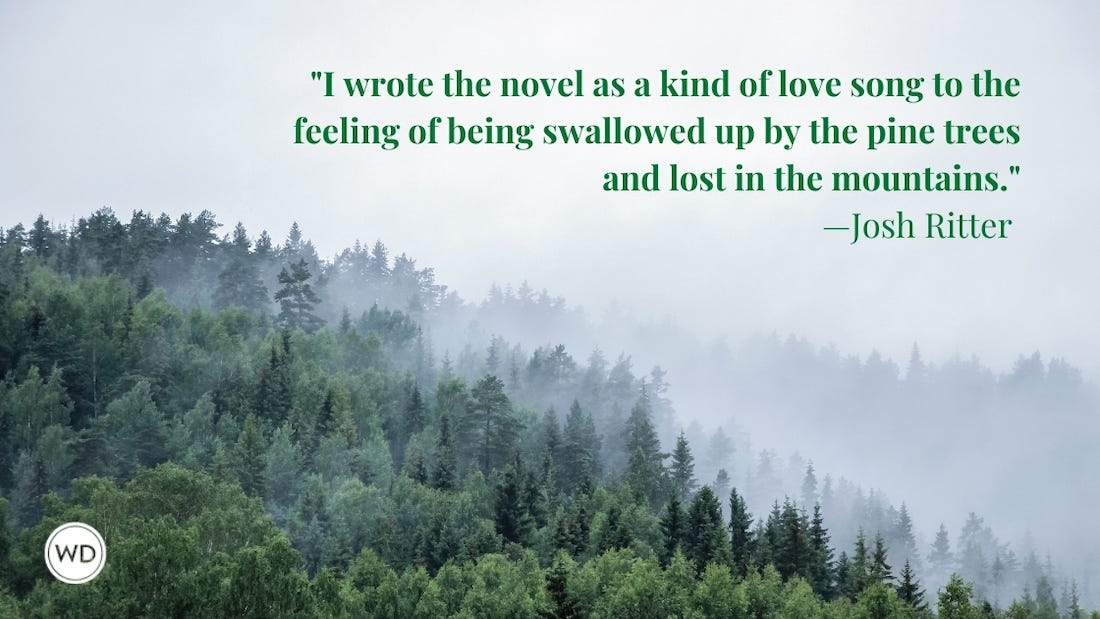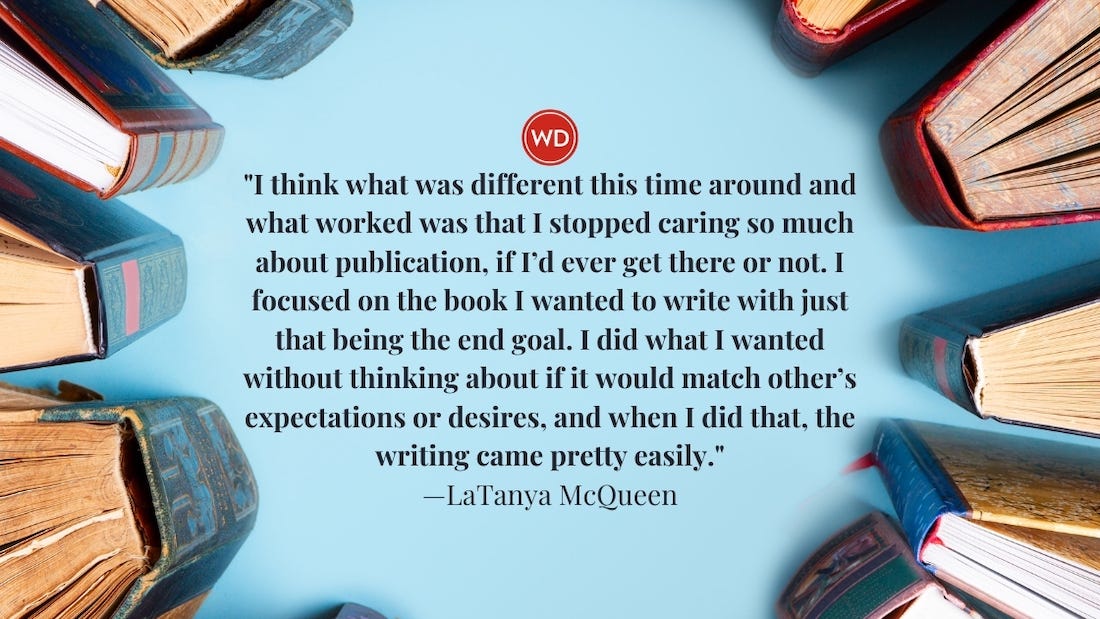Anne Tyler’s Noah
Read an excerpt from Noah’s Compass, the new novel from WD’s July/August interview subject, Pulitzer Prize–winner Anne Tyler.
In the sixty-first year of his life, Liam Pennywell lost his job. It wasn’t such a good job, anyhow. He’d been teaching fifth grade in a second-rate private boys’ school. Fifth grade wasn’t even what he’d been trained for. Teaching wasn’t what he’d been trained for. His degree was in philosophy. Oh, don’t ask. Things seemed to have taken a downward turn a long, long time ago, and perhaps it was just as well that he had seen the last of St. Dyfrig’s dusty, scuffed corridors and those interminable after-school meetings and the reams of niggling paperwork.
In fact, this might be a sign. It could be just the nudge he needed to push him on to the next stage—the final stage, the summing-up stage. The stage where he sat in his rocking chair and reflected on what it all meant, in the end.
He had a respectable savings account and the promise of a pension, so his money situation wasn’t out-and-out desperate. Still, he would have to economize. The prospect of economizing interested him. He plunged into it with more enthusiasm than he’d felt in years—gave up his big old-fashioned apartment within the week and signed a lease on a smaller place, a one-bedroom-plus-den in a modern complex out toward the Baltimore Beltway. Of course this meant paring down his possessions, but so much the better. Simplify, simplify! Somehow he had accumulated far too many encumbrances. He tossed out bales of old magazines and manila envelopes stuffed with letters and three shoe boxes of index cards for the dissertation that he had never gotten around to writing. He tried to palm off his extra furniture on his daughters, two of whom were grownups with places of their own, but they said it was too shabby. He had to donate it to Goodwill. Even Goodwill refused his couch and he ended up paying 1-800-GOT JUNK to truck it away. What was left, finally, was compact enough so that he could reserve the next-smallest size U-Haul, a fourteen-footer, for moving day.
On a breezy, bright Saturday morning in June, he and his friend Bundy and his youngest daughter’s boyfriend lugged everything out of his old apartment and set it along the curb. (Bundy had decreed that they should develop a strategy before they started loading.) Liam was reminded of a photographic series that he’d seen in one of those magazines he had just thrown away. National Geographic? Life? Different people from different parts of the world had posed among their belongings in various outdoor settings. There was a progression from the contents of the most primitive tribesman’s hut (a cooking pot and a blanket, in Africa or some such) to a suburban American family’s football-field-sized assemblage of furniture and automobiles, multiple TVs and sound systems, wheeled racks of clothing, everyday china and company china, on and on and on. His own collection, which had seemed so scanty in the gradually emptying rooms of his apartment, occupied an embarrassingly large space alongside the curb. He felt eager to whisk it away from public view. He snatched up the nearest box even before Bundy had given them the go-ahead.
Bundy taught phys ed at St. Dyfrig. He was a skeletal, blue-black giraffe of a man, frail by the looks of him, but he could lift astonishing weights. And Damian—a limp, wilted seventeen-year-old—was getting paid for this. So Liam let the two of them tackle the heavy stuff while he himself, short and stocky and out of shape, saw to the lamps and the pots and pans and other light objects. He had packed his books in small cartons and so those he carried too, stacking them lovingly and precisely against the left inner wall of the van while Bundy singlehandedly wrestled with a desk and Damian tottered beneath an upside-down Windsor chair balanced on top of his head. Damian had the posture of a consumptive—narrow, curved back and buckling knees. He resembled a walking comma.
The new apartment was some five miles from the old one, a short jaunt up North Charles Street. Once the van was loaded, Liam led the way in his car. He had assumed that Damian, who was below the legal age for driving a rental, would ride shotgun in the van with Bundy, but instead he slid in next to Liam and sat in a jittery silence, chewing on a thumbnail and lurking behind a mane of lank black hair. Liam couldn’t think of a single thing to say to him. When they stopped for the light at Wyndhurst he contemplated asking how Kitty was, but he decided it might sound odd to inquire about his own daughter. Not until they were turning off Charles did either of them speak, and then it was Damian. “Swingin’ bumper sticker,” he said.
Since there were no cars ahead of them, Liam knew it had to be his own bumper sticker Damian meant. (BUMPER STICKER, it read—a witticism that no one before had ever seemed to appreciate.) “Why, thanks,” he said. And then, feeling encouraged: “I also have a T-shirt that says T-SHIRT.” Damian stopped chewing his thumbnail and gaped at him. Liam said, “Heh, heh,” in a helpful tone of voice, but still it seemed that Damian didn’t get it.
Copyright Anne Tyler. Published here with permission by Knopf.









